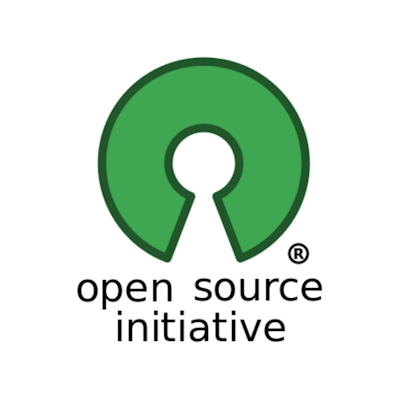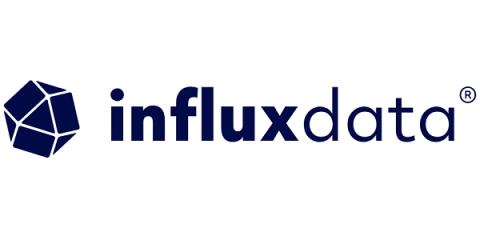A Smarter Way to Preprocess Your Data
In May we released the Splunk Machine Learning Toolkit (MLTK) version 5.2. We’ve loved telling you about some of the great new features, including the most recent blog on DensityFunction. However, we know that before you can start experimenting with model-building algorithms such as DensityFunction, your data needs to be prepared for machine learning. Machine learning operates best when you provide clean data as the foundation for building your models.









